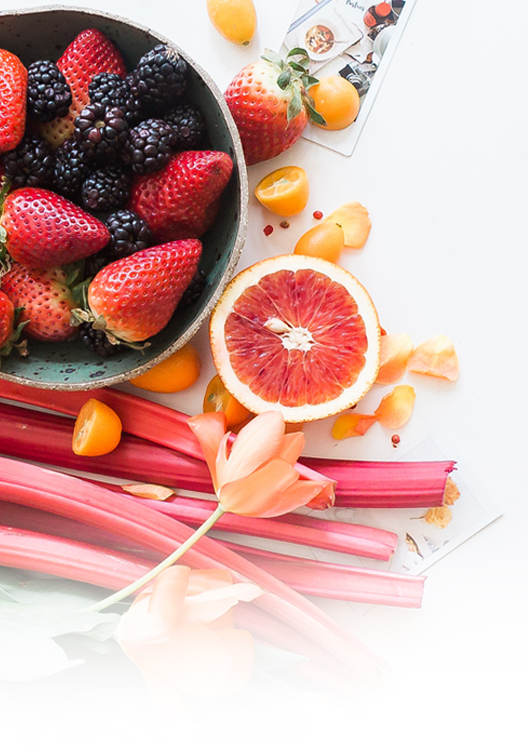When you are learning to connect to your body, many factors can play into how well you are attuned to your body’s signals and sensations. Have good self-care is a crucial piece to this. This month, we will explore the importance of self-care physically, emotionally and psychologically, in relationships, spirituality, and boundaries. When self-care is off in any of these areas, it can impact how attuned you are to your body.
What does being attuned mean?
Being attuned means that you are connected to what your body tells you with its signals and sensations. Attunement means that you are aware of where you feel things in your body and what it is needing. Becoming attuned is the act of listening to your body. Sounds easy, right? Well, depending on where you are in your journey with trusting your body, you might already be aware of what a challenge this can be.
Body attunement is imperative in your intuitive eating journey. When you become more aware of what your body is asking, you become more aware of hunger and fullness signals. This work allows you to see what allows you to be more connected and what is playing a role in disconnection.
How can you start to become attuned?
A great starting point to becoming attuned to your body is to feel your heartbeat. Can you notice your heartbeat when you are just sitting or lying down? If not, can you walk around for 30 seconds, then sit down and notice what you feel. Another great attunement exercise is to either run on place, do jumping jacks or stand up and move your arms vigorously for 30 seconds. Then sit down for 90 seconds and become aware of what you feel in your body. How does your heart feel? What do you notice about your breathing or perspiration? How do your limbs feel? What feels different from the beginning of the 90 seconds to the end?
There is no right or wrong with this practice. It is just that, practice. Practice becoming more attuned to your body. We spend so much time “outside” of our bodies. Most of us tend to have a very on-the-go lifestyle, so asking to pause can almost feel like a nuisance. But I’d ask you to really look at that. Attuning to your body is like getting reacquainted with an old friend. Just learning the ebb and flow and what it has to say.
What can disrupt attunement?
An attunement disrupter is anything that interferes with your ability to hear your body and to respond to it in an appropriate amount of time. A disruptor can be distractions, rules, thoughts, beliefs, and the lack of self-care. Think about how much your thoughts are filled with rules, beliefs, and distractions when you are on a diet. So if you have been a chronic dieter, you probably didn’t realize that you were becoming more and more unattuned to your body.
More common than not, one of the most detrimental impacts to attunement is lack of self-care. It is important to look at how you are meeting your basic needs of life and how you manage stress. When you are not meeting your basic needs, including eating enough and getting enough sleep, and not healthfully dealing with your stress, your body goes into a flight or fight response. When you are in a fight and flight response, your blood flow moves away from your digestive system and goes to your extremities to help you flee or fight the enemy. Guess what this results in? Lack of hunger cues.
You don’t have to have an actual “enemy.” The enemy is stress not managed, lacking sleep, not eating enough food, exercising too much, or being “on” 24/7. Looking at how our bodies are designed, when there was an actual enemy, such as a tiger, biologically, the energy used to digest food in the stomach would only slow you down. Attunement brings to light how you are managing life and its stressors.
How is your Self-Care?
Positive Behaviors
Below is a list of positive behaviors of physical self-care. Which ones are you meeting? Which ones are you not?
- I get enough sleep to feel rested and restored when I wake up.
- I get regular medical and dental checkups.
- I take time off work or school when I am sick.
- I wear clothes that I like, and that feels comfortable.
- I take vacations.
- I engage in physical activity that I enjoy 4-5 times a week.
Attunement Disrupters
Now let’s look at what can disrupt your attunement. Which ones are you regularly engaging in?
- I often skip meals when I am pressed for time.
- I watch more than two hours of television a day.
- I exercise too much, such as when I am sick or injured.
- I smoke or vape.
- I go for long periods of time without eating.
- I overeat or undereat when I am stressed.
- I often multitask while I eat, watching television, checking emails, on the phone, or reading.
- I am often sleep-deprived.
- I drink more than the recommended alcohol levels (more than one or two drinks per day).
What can you practice?
Take a moment to reflect on what you are doing well with your physical self-care. Are there self-care practices that you feel willing to increase? For example, if you are only moving 1-2 days a week, could you add one or two days of movement that you enjoy and work on building consistency with that?
How many attunement disruptors are you engaging in? Are there attunement disrupters that you feel willing to work on? Pick one or two. Can you think of a strategy to improve this? For example, if you go for long periods of time without eating, you could set an alarm on your phone to go off every 3 or 4 hours. If you multitask when you are eating, could you try to eat one meal a day undistracted? I often recommend putting on music or a podcast to help in this transition.
Become more aware of how you feel when you are engaging in these acts of self-care. It may even be new to look at these as actual acts of self-care. When you are focusing on how to take care of yourself in a more positive way, you are becoming more connected. You are tending to your needs with more compassion and intention. Intention with prioritizing your needs, deepens your knowing and understanding of your body and its needs. Through this knowing, you begin the shift in your relationship with your body and begin to feel the difference when you are for your body versus against it.


